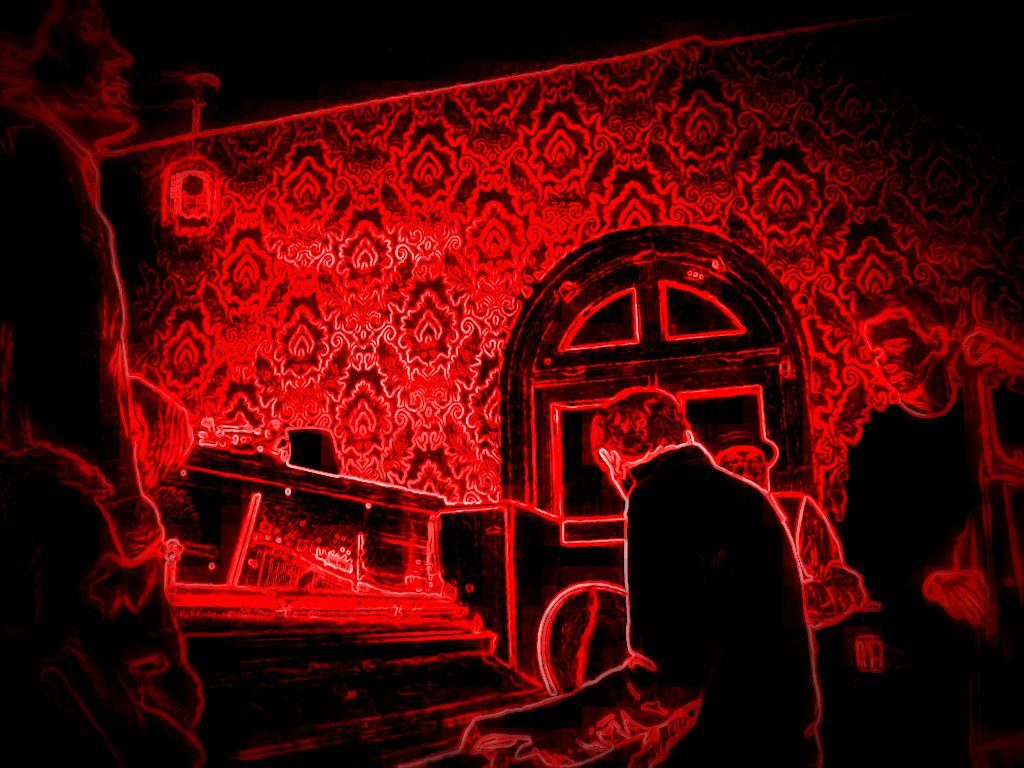Jive Talking – The Language of Jazz Posted by Gary Locke on Sep 23, 2016 in Culture, English Language, English Vocabulary

“Jazz is known all over the world as an American musical art form and that’s it. No America, no jazz.” Arthur (Art) Blakey, aka Abdullah Ibn Buhaina, American jazz drummer and bandleader.
Many would argue that jazz is the most quintessential American musical form. Born out of the African American communities in the late 19th and early 20th centuries, it is characterized by taking an existing tune or song, and then expanding on it by freely interpreting aspects of it with one or more musical instruments. All jazz is an expression of, and exists within, the moment it is being played. It is far more loosely structured than any other musical composition. This does not mean, however, that jazz is undisciplined.
Jazz musicians listen to each other, as if they are taking part in a conversation, but the language is music. Any conversation begins with a topic, just as any jazz performance begins with a composition. As with any conversation, you do not know how you will respond to someone until you hear what the other person has to say. Like the jazz musician, your response is improvised, based on how the conversation proceeds. A jazz musician improvises by interpreting how that particular element of the song makes him feel. And, as with any conversation, you may stray from the topic because something else inspires you to go off in another direction. But, and this is where the discipline comes in, you should return to the main topic in order to finish your thoughts, and close out the conversation. Or, in jazz, the composition reaches its conclusion.
In this way, jazz is remarkably democratic. Everyone has a say in the performance. Every musician makes a contribution. Musically, jazz incorporates the features of European classical melody, African beat and rhythm, and Latin syncopation. This makes jazz a musical fusion of most of the basic elements which comprise American culture. Add to that the democratic nature of the music, and you have a very American art form.
There are some vocabulary terms which are unique to the world of jazz, but have found their way into popular English lexicon. Let’s look at some of them.
Axe – Any instrument. It might be a saxophone, a piano, a guitar, or even the human voice if you are a jazz singer.
Bebop – A jazz form which originated in the 1940s, characterized by irregular syncopated phrasing, improvisation, and instrumental virtuosity.
Big Band – A jazz band the size of an orchestra, comprised of musicians gifted in ensemble playing as well as solo instrumentation.
Chops – A jazz musician’s skill set, and ability to navigate through a performance.
Cool – A style of jazz which grew out of bebop, but without fast rhythms and a hard beat. If it ain’t fast or hot, it’s cool, man.
Dig – To appreciate something. Dig it?
Free – To improvise without regard to chord changes, or even without the structure of an existing tune or composition. It is essentially experimental jazz.
Funk – A danceable blend of jazz and rhythm and blues which originated in the 1960s.
Gig – A performance.
Groove – A feeling of being centered and unified with the music. It is an emotional response by the listener, who might also be playing the music as well.
Hip (or Hep) – Knowing what’s going on. Are you hip?
Improv – Spontaneously creating by seeing the possibilities in the music.
Jive – The language and terminology of the hip.
Lay Out – When one member of a group doesn’t perform with the others. To not play.
Line-up – The members of a band, or group.
Moldy Fig – Derisive term for someone who plays or listens to an outdated style.
Riff – A simple, catchy, and regularly repeated phrase of music.
Shed – Short for Woodshed, it means to practice diligently.
Sideman – Any member of a band or group who is not the leader. Usually refers to someone who comes into a group just for a single session.
Standard – A classic tune or song.
Stroll – A tune or song played without piano accompaniment, usually with horn or sax, bass, and drums. The pianist may stroll outside and have a cigarette.
Swing – The dominant form of jazz in the 1930s, usually played by big bands. It is also a feeling, like groove, which is enigmatic and centered in the music. It don’t mean a thing if it ain’t got that swing.
Third Stream – A term coined by composer and conductor Gunther Schuller, which means the merging of Classical and Jazz music. Some motion picture scores are said to be third stream.
Up (or Uptown) – A very fast tempo.
Vamp – Much like a riff, it’s a repetitious phrase, usually the bass line, and often comes at the start of a musical number.
Walk – In which the bassist keeps time by playing one note per beat. It may also refer to the jazz pianist soloing with just his left hand.
Do you know any other interesting jazz terms or phrases? We’d love to have you share them!
Photo: Jazz Shot by Komi from Flickr

Build vocabulary, practice pronunciation, and more with Transparent Language Online. Available anytime, anywhere, on any device.




Comments:
Tom Emmert:
Two term – I know what they mean, but not how they are linguistedly derived:
1. Changes
2. Release